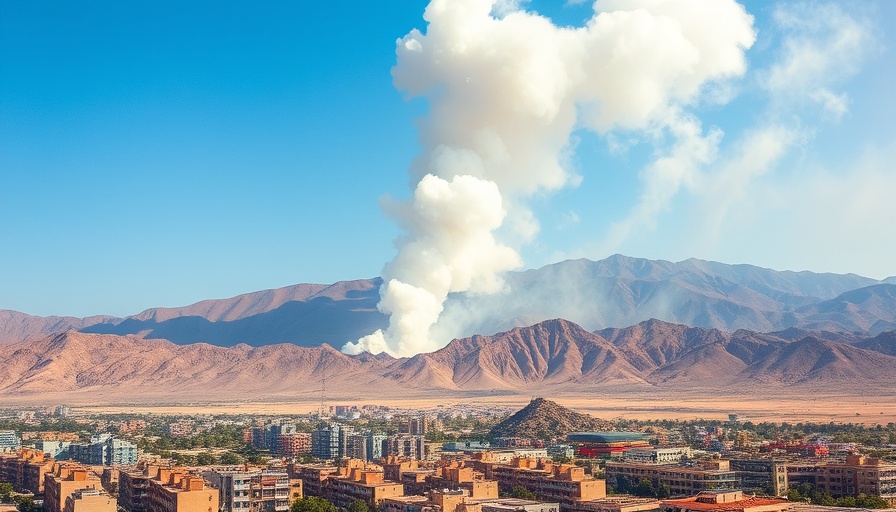
Putin's Stance on Middle East Relations
In a recent development, Russian President Vladimir Putin stated that the resolution to the ongoing conflict between Iran and Israel is fundamentally dependent on both nations. This announcement adds a new dimension to the already complex geopolitical landscape of the Middle East, indicating that while Russia plays a vital role, the actual solutions must come from the countries directly involved.
The Overarching Context of Iran-Israel Relations
The tension between Iran and Israel has historical roots that date back decades. This adversarial relationship has remained a focal point in Middle Eastern politics, with numerous military and political confrontations. Iran's nuclear ambitions and support for groups like Hezbollah, coupled with Israel's insistence on maintaining its security and influence in the region, have only fueled the fires of conflict.
The assertion by Putin signals a broader acknowledgment that external powers cannot solely dictate outcomes in international conflicts. Instead, the onus lies on Iran and Israel to navigate their differences creatively and constructively.
The Role of External Actors
While Iran and Israel primarily define the conflict’s narrative, other global powers, including Russia, the United States, and various European nations, have stakes in the outcome. Each country has its strategy that can influence the situation—either by supporting one side or advocating for diplomatic dialogue. Russia's position as an ally to Iran and its simultaneous relationship with Israel illustrates the delicate balance superpowers must maintain in order to navigate these geopolitical intricacies.
Past Precedents of Negotiation
Historically, there have been moments where dialogue has bridged seemingly insurmountable divides. The Camp David Accords between Egypt and Israel demonstrate how dialogue can lead to peace even amidst severe rivalries. Similarly, the acknowledgment by Putin might serve as a reminder for both Iran and Israel to seek peaceful resolutions through negotiations rather than conflict.
The Implications for Regional Stability
Stability in the Middle East is critical not only for the nations involved but also for global economic and security concerns. The region’s complexities, especially relating to energy supplies and trade routes, mean that any escalation in conflict can have far-reaching consequences. If both Iran and Israel heed Putin's call for a solution, it could lead to a newfound focus on regional cooperation that is beneficial to their respective populations and the wider international community.
Future Outlook: Challenges Ahead
Despite this hopeful message, achieving peace is far from simple. Diversified internal politics in both nations will likely challenge initiatives for dialogue. Domestic opposition within each country can derail negotiations at any time. Furthermore, the rise of nationalistic sentiments might inject additional complications, making it essential for both governments to engage their citizens as part of any peace process.
Conclusion: A Critical Moment
As the world watches, the next steps taken by Iran and Israel will be essential in determining the future of their relationship. Putin’s input emphasizes the potential for resolution but acknowledges the ultimate agency must lie within the conflicting states themselves. The path forward will require courageous leadership echoing the sentiments of mutual understanding over conflict amidst the backdrop of a changing global landscape.
 Add Row
Add Row  Add
Add 



Write A Comment